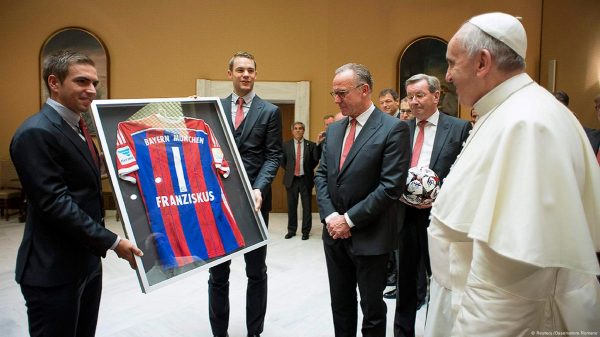« The most expensive Easter » and the distortions of economic perceptions

During the Easter holidays, a recurrent economic theme is insistent in the media: « the most expensive Easter in history ». This narrative, often amplified by the online press and news channels, refers to a supposed explosion of prices, frequently accompanied by alarmist appreciation. Cristian I. Popa, a member of the Board of Directors of the NBR, draws attention to how such messages can create an erroneous, panicard perception, to the economic reality, without giving a balanced understanding of the context.
Inflation: What does it mean and how the prices influence
Inflation is a rate of price increase in an economy, and the fact that this does not necessarily mean a decrease in prices but a « lower increase » is essential to understand. For example, a 5% inflation means that prices continue to rise, but at a slower rate than in the previous period. Popa emphasizes that although inflation decreases, this does not mean that prices are lower. They remain high, but their growth has mitigated. Thus, the « most expensive Easter » reflects a continuous phenomenon, which is part of the economic target of central banks, which targets a positive inflation and not deflation, which would have dangerous effects on the economy.
Sensational messages and public perceptions
One of the major concerns of the economist is the negative impact of alarmist messages on public perception. In a media landscape where « sensational news sells best », inflation reports often get out of context or presented in an exaggerated light. For example, although Romania is in second place in Europe, after Hungary, in terms of inflation, the presentation of this statistics without a detailed explanation can induce panic.
In this regard, Popa emphasizes that media discussions are rarely balanced or based on precise data, and the mere repetition of the idea « the most expensive Easter » does not help to understand the economic reality, but only intensifies the collective anxiety. It is also essential not to confuse « double inflation » of 2% compared to 1%, as in the case of other European economies, with extreme situations such as inflation of 16.8% registered in the past.
Wages and inflation: How personal savings are balanced
Popa brings another important point: the ratio between inflation and income. In the last three years, the average gross salary in Romania has increased by almost 50%, from 6,000 to almost 9,000 lei. During the same period, inflation was 30%, which means that, in fact, the purchasing power increased significantly. In 2024, the salaries continued to increase, and the pensions registered a 40%increase. Thus, even in the context of a « more expensive Easter », increasing income helps maintain a solid purchasing power.
Economic convergence and price differences
Another significant factor in the economic analysis of prices is economic convergence. Romania, as part of the European Union, is in a process of convergence of prices, which involves, among other things, a gradual alignment at the European average level. Popa emphasizes that this process cannot take place without an increase in prices, especially in the services sector, where Romania is following other European economies. Service prices cannot be « imported » from other countries, as is the case with goods, and this creates differences between prices in Romania and Germany, for example.
Fiscal consolidation and reduction of deficit
Finally, Popa calls on the need for fiscal consolidation so that inflation decreases sustainably. Reductio of the fiscal deficit is essential, and the control measures on public spending could significantly contribute to the mitigation of inflationary pressures. In this equation, another very important factor is to reduce economic uncertainty, a context that can further support the process of lowering inflation.
« The most expensive Easter in history » should not be regarded as a panic signal
Therefore, « the most expensive Easter in history » should not be regarded as a panic signal. Although prices increase, inflation is under control and is in a decrease process. The perceptions powered by alarmist titles must be viewed with skepticism, and the objective analysis of the economy shows a more balanced reality: wages increase, inflation is declining, and Romania remains one of the cheapest economies in the European Union.







